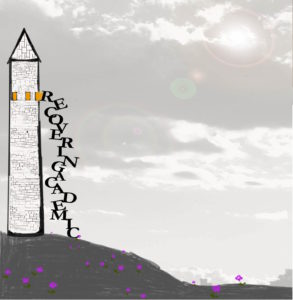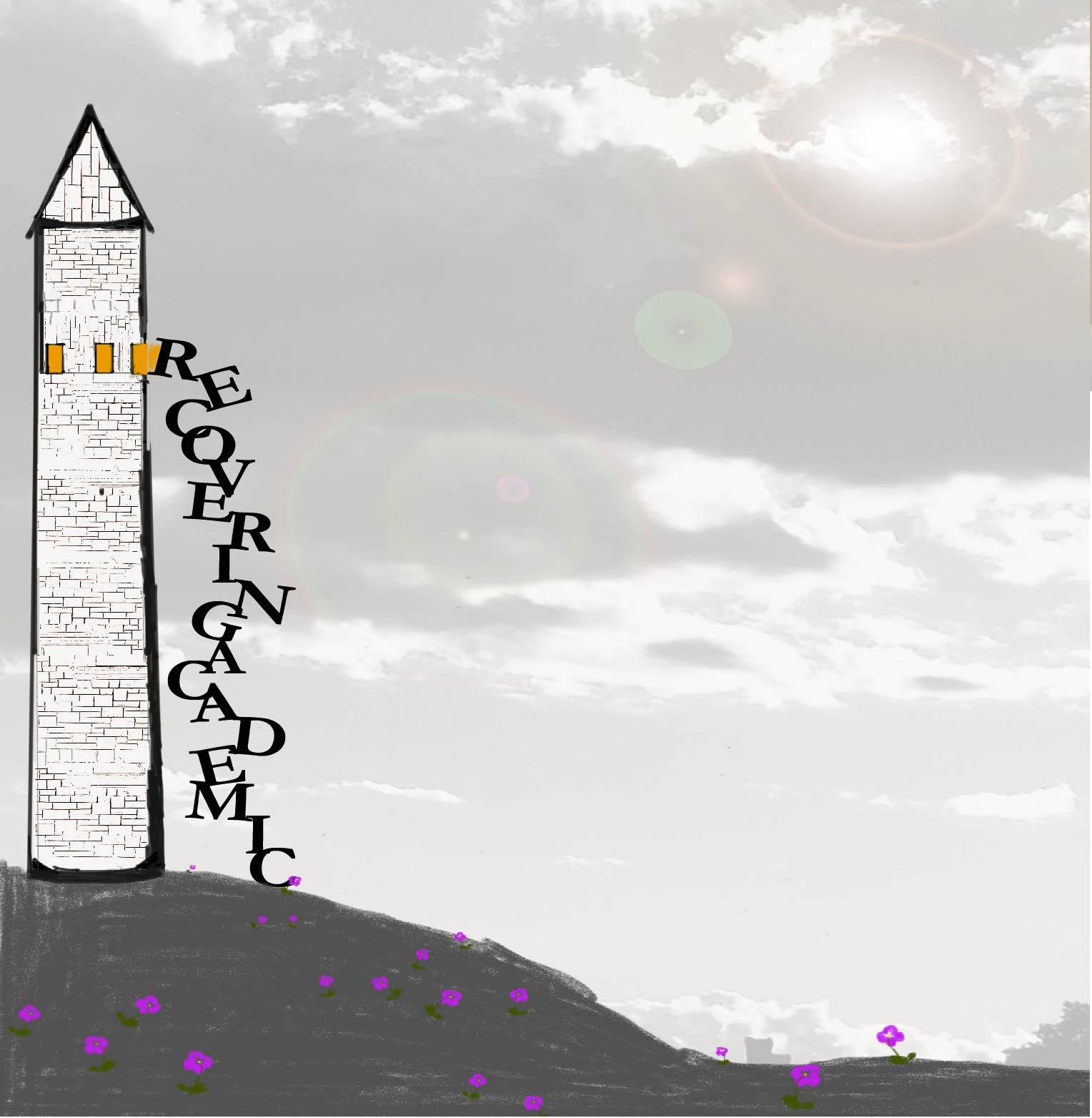
In episode 1, a quote from me that got picked up on Twitter got a fair number of retweets:
"Science is really, really awesome, but it is often not kind to the people who are doing it" – @IHStreet #RecoveringAcademic podcast #truth
— Renee M. Symonds, PhD (@ReneeMSymonds) September 14, 2016
While this is true, and I believe it (and the idea is not mine originally– I have no idea who to cite that first said it), there are some questions as to what is meant by a kinder academia:
Must be clear that "it" = select people and leaders in science who are not kind/welcoming to others
— Beronda L. Montgomery—🌿#LessonsFromPlants🌿 (@BerondaM) September 15, 2016
Kelly J. Baker has a good post on what kindness means:
Kind is not a synonym for nice. There are sharp distinctions between being nice and being kind. Nice is all surface. Kindness is depth. Nice is fluffy illusion. Kindness is a sturdy construction. Being kind sometimes requires us to abandon nice to speak the truth. Truth hurts, and kindness acknowledges this. Nice pretends that hurts are temporary, avoidable, and not to be mentioned. Kindness allows us our hurts and encourages us to learn and grow. With a bright smile and charming demeanor, nice can cover a mean-spirited view . Kindness can’t live with the harm that such meanness and hatred causes. Nice pretends to be a virtue; kindness actually is. Nice harms us more than it ever helps. I’ve started to focus on being kind rather than being nice.
And for all its rough edges, academia seems to have something of a cult of niceness about it– feedback may be harsh, and sharp, but it’s couched in language meant to make it sound as nice as possible. It’s not necessarily kind. Academia also is not kind in that the culture still defaults to anything but the tenure track is failure. At worst, leaving academia is a metaphorical death, where people are simply cut off from communities they were a part of previously. The Research Whisperer blog argues that for academics, the message should be “It Gets Worse“. People in academia may be so busy trying to generate knowledge that we aren’t always aware of where we are headed. Having a better idea of where one is headed as an academic, and academia better impressing the importance of career considerations earlier would make academia kinder.
Sarah Boon notes in a recent post, community matters a lot. As transitioning/recovering academics, our communities inevitably shift, and that can be hard to go through– and of course, there are no guarantees that a transition goes smoothly. We hope that this podcast along with all the writing out there can be a community of transition, which can be hard to find. With a community, there are others to be kind when we can’t be kind to ourselves.
As Dr. Montgomery pointed out in the Twitter thread, part of academia not being kind is people that are not kind and welcoming of others. There’s an inclusion problem in academia that most directly affects underrepresented groups, but can apply to everyone to some extent. Anyone that feels isolated in the lab. Those that don’t have success in terms of publications and other work that doesn’t pan out. The obvious and felt uncertainty of pursuing knowledge, the tight funding, the short contracts (for postdocs), the fact that there is no settling in the ‘middle’ of academia, all can make it unkind. There are probably other things.
Science really is amazing (as are arts, history, and other academic fields) and are worth pursuing– creative fields often are real privilege to be a part of. They are hard enough on their own without the funding, social, and cultural issues that practicing them present.
Again, it’s not that STEM needs to be easy going all the time, but there are structural features that seem to make it harder than necessary for those practicing it to effectively do the knowledge work we ostensibly got into science to do. Those things can drive people to becoming recovering academics, not as often the science itself.
Be Kind, For Everyone is Fighting a Hard Battle- Ian MacClaren



Leave a Reply